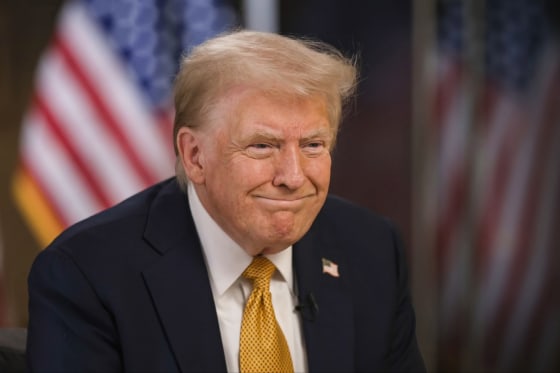Former President Donald Trump has reignited his focus on the conflict between Russia and Ukraine, urging Russian President Vladimir Putin to broker a ceasefire as part of his self-described strategy to end the war. Despite being weeks away from potentially resuming office as president-elect, Trump’s recent comments on social media and in interviews are raising eyebrows globally.
“Zelenskyy and Ukraine would like to make a deal and stop the madness,” Trump posted on social media, referencing Ukrainian President Volodymyr Zelenskyy. The statement has fueled speculation about Trump’s potential diplomatic approach, even as critics question his suggestions regarding military aid and NATO.
During a televised interview aired Sunday, Trump was asked on NBC’s Meet the Press whether he is actively working to end the nearly three-year war. “I am,” he confirmed, though he stopped short of revealing whether he has spoken directly to Putin since winning the election in November. “I don’t want to say anything about that, because I don’t want to do anything that could impede the negotiation,” Trump added, leaving room for interpretation about his behind-the-scenes efforts.
What has drawn significant attention are Trump’s remarks about U.S. involvement in NATO and military aid to Ukraine. He suggested he would consider reducing American support, a stance that has alarmed Ukraine and NATO allies, as well as national security experts in the United States. Critics argue that such moves could weaken Western solidarity and embolden Russia, though supporters say it reflects a pragmatic approach to reducing conflict.
Trump’s comments have sparked a heated debate over the potential outcomes of his suggested policies. His supporters argue that his negotiation tactics and willingness to rethink U.S. commitments abroad could pave the way for peace. Opponents, however, worry about the implications of scaling back military aid or pulling out of NATO, suggesting it could leave allies vulnerable and disrupt global security dynamics.
With the war nearing its third year and no immediate resolution in sight, Trump’s statements underscore the ongoing complexities of international diplomacy. While some view his call for a ceasefire as a constructive step, others remain cautious, questioning whether his proposals risk undermining long-standing alliances and established strategies.
As global leaders, analysts, and citizens watch closely, Trump’s potential role in shaping the future of U.S. foreign policy—and its impact on the Russia-Ukraine conflict—remains a pivotal topic. Whether his approach succeeds in advancing peace or creates new challenges will be closely scrutinized in the coming weeks and months.

